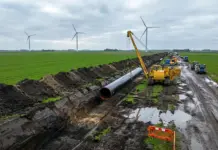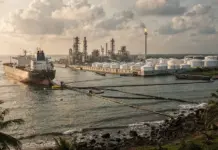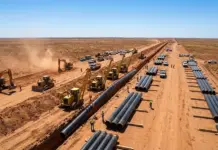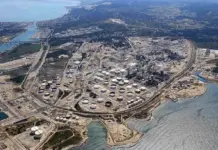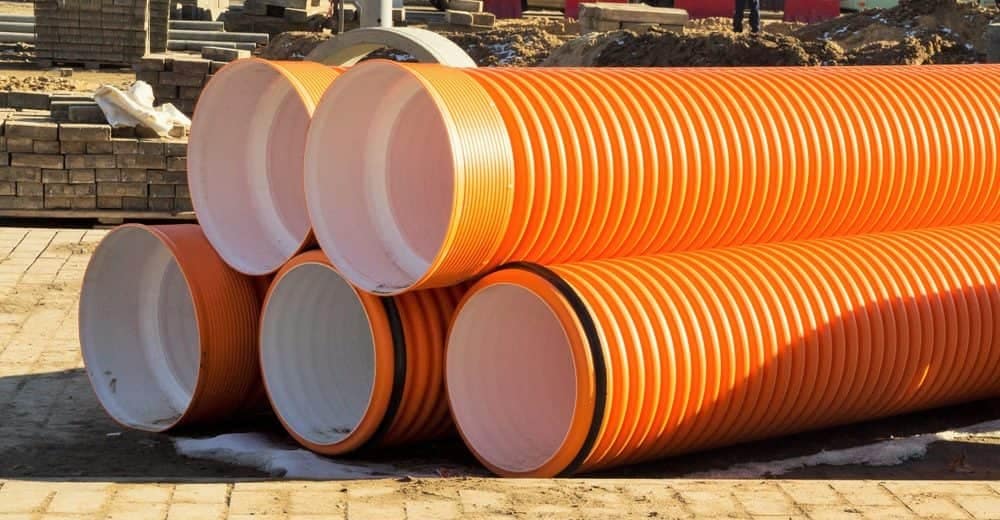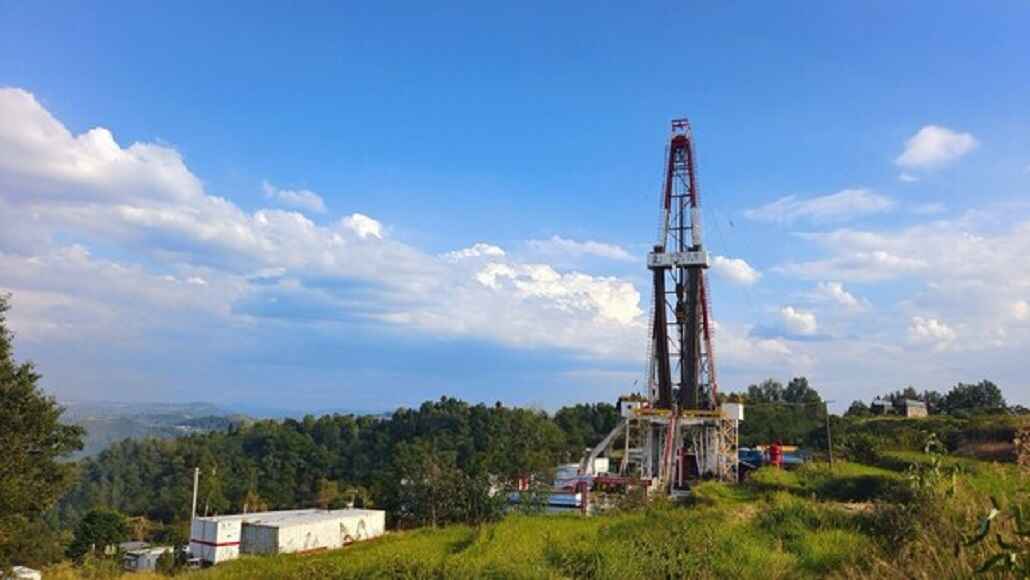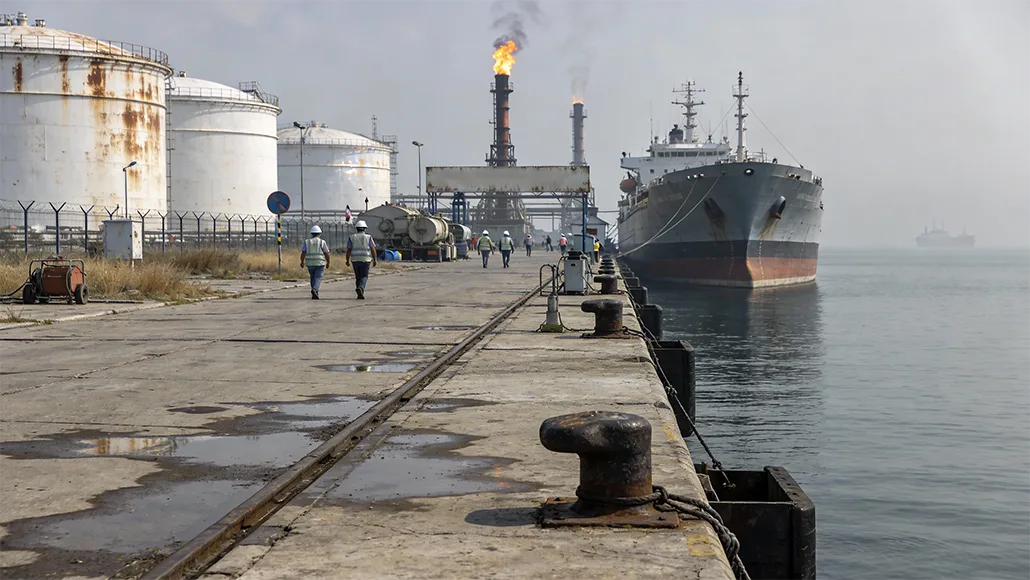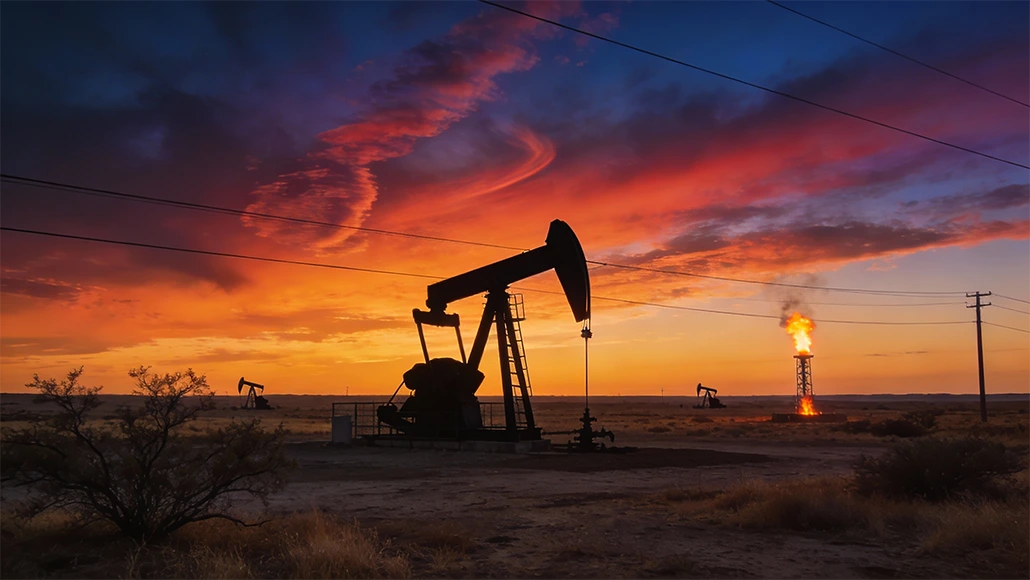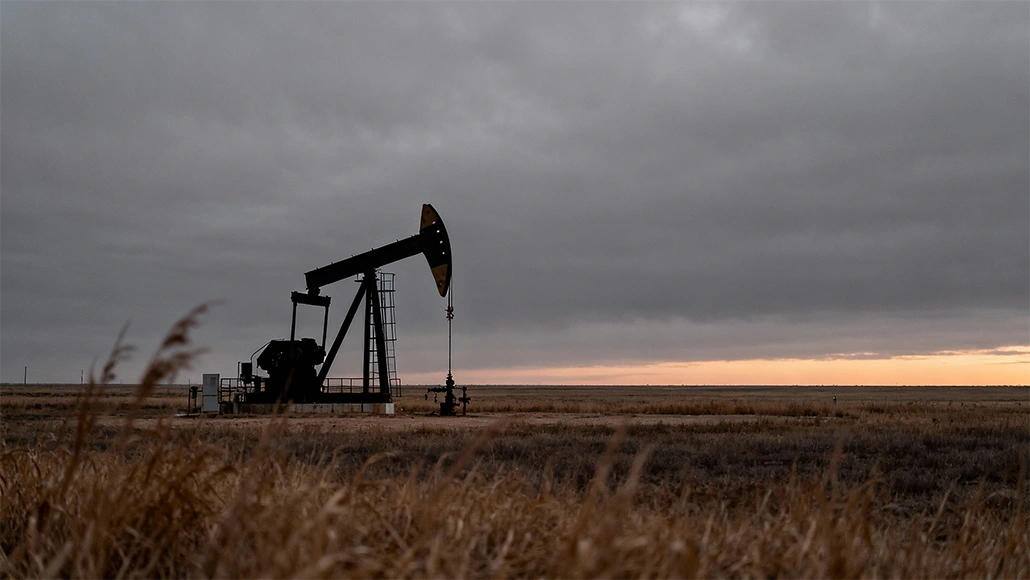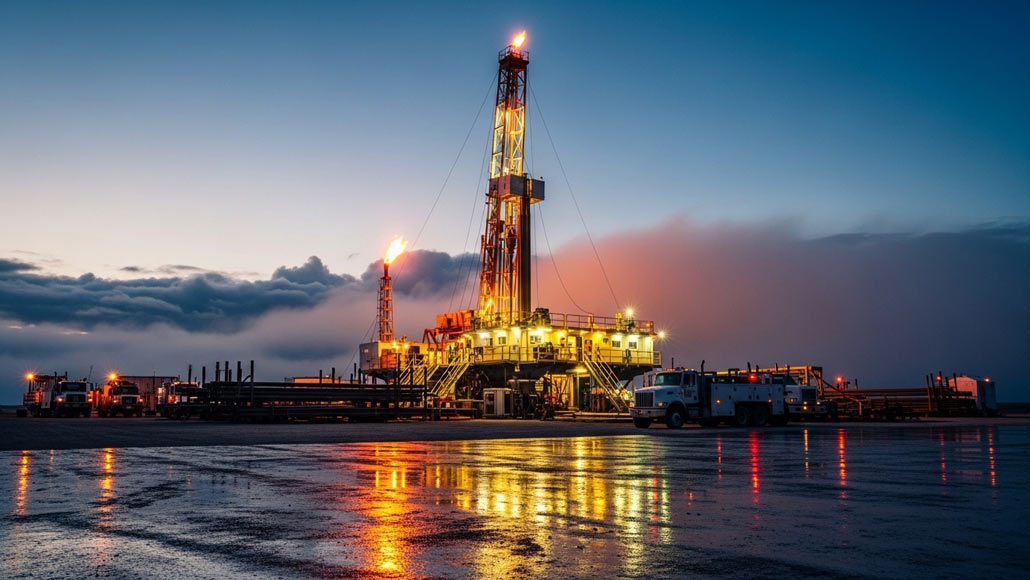In one of the recent developments, the UK government, which has gone on to pledge to not issue new oil and gas exploration licenses, looks forward to offering operators agility and at the same time also enabling them to discover the potential to develop fields as tiebacks so as to link adjacent resources to the present oil and gas hubs located in the North Sea, remarked a senior figure from the ruling Labour party in Scotland to the Financial Times.
The Labour official said to FT that even if it was for just a marginal increase in terms of production, why wouldn’t one give it to them?
Apparently, earlier in 2025, the UK government went ahead and launched a consultation pertaining to the clean future when it comes to the North Sea industry, which included in it delivering the Labour commitment to not issue any new licenses so as to explore new oil and gas fields in the UK. Interestingly, the consultation also goes on to engage industry on how to manage the present fields, which shall very well continue to make significant contributions throughout the clean energy transition for the entire part of their lifespan.
Although the industry says that more exploration as well as investment would go ahead and decrease the rising need for imported oil and gas and in a way would help strengthen the domestic supply chain and also help it move towards offering clean energy solutions, like for instance, offshore wind.
Notably, the OEUK, which is the leading offshore industry body, in June had said that an independent study, which it had commissioned from Westwood Global Energy Group, who were the analysts, showed that more than 7.3 billion barrels of oil and gas happen to be well within reach of the present infrastructure, hence making them very much viable as tiebacks to the present platforms.
It is well to be noted that the proximity to the present hubs will hold the key to develop fields as tiebacks and would go on to reduce the expenditure, help in lowering the emissions, and at the same time, extend the present critical infrastructure life, opines OEUK.
But there are many of these hubs that are approaching the end-of-life, and without having timely investment, the opportunity to go ahead and develop these resources could as well be lost, added OEUK. The fact of the matter is that the geology hasn’t changed, but just the mindset has seen the transition, said the Westwood Global Energy Group in its study.
Although the political rhetoric happens to paint UK production in terminal decline, the subsurface still happens to hold quite an untapped potential, and what is actually required is a completely new perspective.


